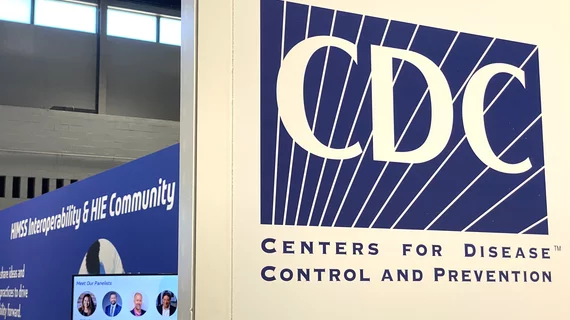CDC director announces her resignation from the agency
President Joe Biden today announced that the director of the U.S. Centers for Disease Control and Prevention, Rochelle Walensky, MD, is resigning from her position.
Walensky was appointed to the role in December 2020 by President Briden. She replaced Robert Redfield, MD, who served as CDC director throughout most of former President Donald Trump’s administration. Walensky first took over as the post in January 2021 during the widespread rollout of COVID vaccinations in the U.S.
In a public statement, President Biden thanked Walensky for the “honesty and integrity” she brought to the role amid a pivotal time in the pandemic.
“Dr. Walensky leaves CDC a stronger institution, better positioned to confront health threats and protect Americans. We have all benefited from her service and dedication to public health, and I wish her the best in her next chapter,” Biden said.
News of the CDC director’s departure comes on the same day as an announcement made by the World Health Organization declaring the end of the COVID global health emergency. Walensky commented on the development in a letter to President Biden, which was also shared with CDC employees.
“The end of the COVID-19 public health emergency marks a tremendous transition for our country, for public health, and in my tenure as CDC director,” Walensky wrote. “I took on this role, at your request, with the goal of leaving behind the dark days of the pandemic and moving CDC–and public health–forward into a much better and more trusted place.”
According to an email sent to CDC employees (shared with CNN) on Friday, May 5, Walensky’s last day will be June 30.

